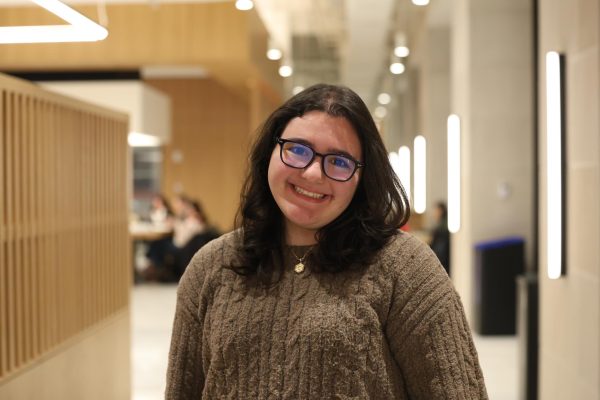After Language, I Peel an Orange
There is something about the act of peeling and sharing fruit — the sticky slowness of it, deconstruction and gentle creation happening all at once — that seems as if the plant grew with the intention of making one admire the plain face of spaces that words cannot fill.
A poem borrowed from Chaia Heller titled “After Language” reads, “When all the drowsy metaphors/ about women and fruit/ have been peeled/ and devoured/ there’s just you, me/ a bowl full of summer peaches/ two parentheses/ with nothing in between/ (just space)/ for the tongue’s imagination”
What grows within the white space between two parentheses? Within that open field I think of my grandmother’s garden in Irvine, ripe with sweet lemons that seemed bigger than my head when I was eight years old. I imagine the honeycrisp apple slices I’d arrange in a pleated circle to bring to my dad when he was working from home. I can smell the warm mangoes I’d pick off of bending trees when visiting the Buddhist temple with my grandmother in Hawai’i. I feel myself humming and puttering over the sink as I rinsed these fruits, knowing the days are still warm and there will always be another mango, lemon or apple to slice. I remember what was simultaneously spoken and unspoken in these living moments.
“Eat the leaves too,” my grandfather would tell me during strawberry season. “Don’t bite the fruit and throw the rest away.” Our conversations, like the ones I have with most of my relatives who immigrated from Korea, exist in tension between English and my broken Korean. I can comprehend and respond to a basic conversational extent, but “thank you for the food” and “I love you” can never fully translate into “I am dreading saying goodbye at the airport” and “I’ll miss the familiar smell of your home.” I like to think that eating strawberries whole fills in the gaps that language cannot, as if that space is somehow swallowed along with them. Here is a lesson in scarcity, abundance, reclamation and gratefulness, he tells me. Taking bitter green in with the sweet red, I answer.
The narrative of communion and language barriers is one that has been “peeled and devoured” many times before, but my experience of language does not solely refer to a shared native tongue. Alain de Botton, author of “On Love,” writes, “The more familiar two people become, the more the language they speak together departs from that of the ordinary, dictionary-defined discourse. Familiarity creates a new language, an in-house language of intimacy.” There are times that I have the words at my disposal to express myself, but some realms of familiarity are better defined by acts themselves.
I eagerly await citrus season, not in anticipation of tender clementines and satsuma oranges, but of their segments to be shared between the peak months of October through January. I mark the time with the ritual of sitting cross-legged on the floor, quietly peeling the chalky flesh and sharing its segments with my partner. Part of me hopes they’ll never have to peel any kind of citrus for themselves again. After all, I have convinced myself that clementines taste sweeter when I give them three-quarters worth of slices instead of just half.
Sometimes there are no metaphors to be made or words to be spoken and deciphered. After language, there exists the breath between voices, eyes wrinkled from both age and laughter, a plate of oranges like a centerpiece in the middle of the table. As the weather grows warmer, it’s so easy to become swept up in the rapid thawing of what used to be.
Peel a fruit, share it and leave some sweetness to stain the hands of someone else.
Ilaina Kim is a senior from Atlanta pursuing a major in English with a minor in philosophical studies. She joined The Fordham Ram as an Assistant Editor...










































































































































































































